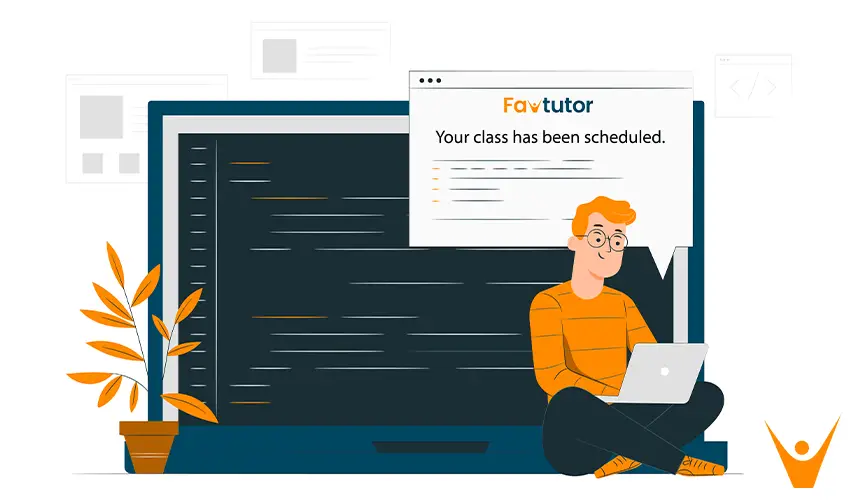Python programmers are in great demand, not just because of the language's popularity and widespread use, but also because Python has become a solution in a variety of fields. From web apps to data science and machine learning, there's something for everyone. It is, however, insufficient to just master the language. Surprisingly, this may be the simplest step toward becoming a Python programmer. What else do you need to know about How to Become a Python Developer?
Why is Python programming such an excellent choice?
Python isn't the most popular web programming language, but its popularity is rising all the time, especially in startup environments where time and money are often restricted. It is an aspect-oriented language, which implies it has modules with distinct functions. So, first, the developer must design the modules, and then, based on the “if-then” action, the algorithm activates a certain block and returns the outcome based on the user's activity. Python developers are often responsible for backend components, app integration with third-party web services, and frontend developer assistance in online applications. Of course, you may construct apps in a variety of languages, but Python is typically the language of choice – and there are good reasons for that! You may learn more about what Python is used for and how it compares to PHP.
Python programming language.
Python is, without a doubt, the primary language you will utilize at work to complete the project. Fortunately, if you're a developer who specializes in other languages, switching to Python may be simple. Python is a popular general-purpose programming language that is in high demand. It is beginner-friendly and definitely experienced-developer-friendly due to the comparatively simple learning route! There's no need to know every module, but you should be aware of the variations between Python 2 and 3 independent of core syntax and semantics. A smart Python developer can easily adapt to these, although it isn't a major concern because the distinction is rarely needed. It's also a good idea to be familiar with Python's data structures. While you do not need to memorize how to construct a b-tree, understanding what goes on behind the scenes of a set, or list can help you in both small and large projects.
What is the best way to become a proficient Python programmer?
To begin with, your skillset is your weapon; you may be able to obtain a better project, a better job, and, of course, a greater compensation if you use them effectively. Furthermore, because you can always learn more in programming, learning extra abilities is not only advantageous, but it also keeps a developer's career path challenging and exciting. There are several methods to enhance your Python skills, including learning new libraries and attending must-attend Python conferences. In general, coding in your spare time is a viable option, but it takes a great deal of perseverance. Second, participate in extra courses (such as Udemy courses) and webinars, educate others and be involved in the programming community to identify your thing, a specific specialty in which you want to become a master.
Mark Henry






